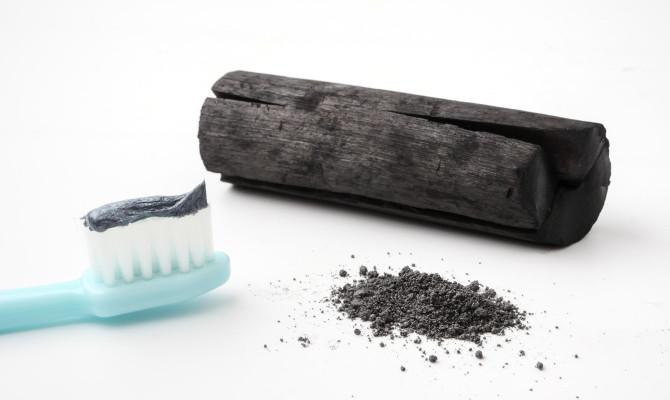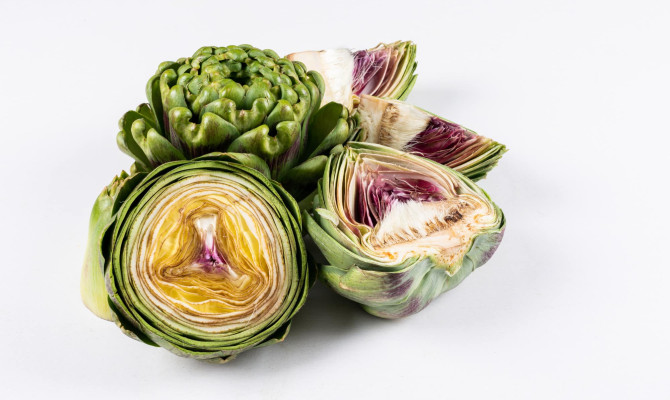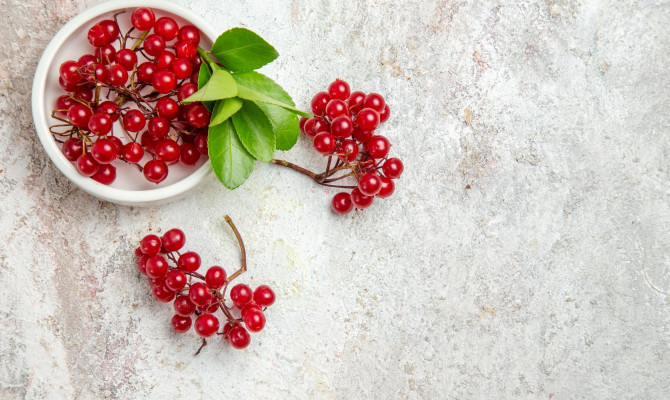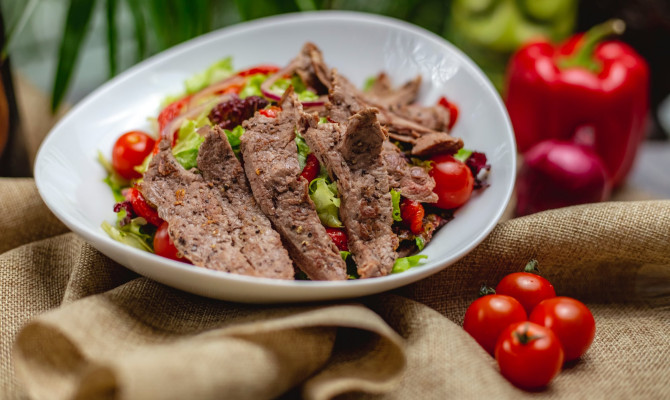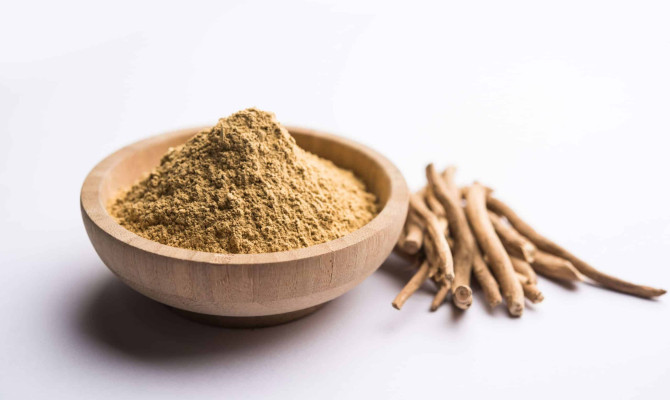Acacia and its health benefits

- Acacia
- 14 Aug 2023
Overview
What is Acacia?
Acacia is a member of the genus Acacieae, which belongs to the family Fabaceae. The majority of them are located in tropical areas of the world. Plant and plant extracts have been used in different healing techniques since the beginning of time. It has been claimed that the ancient Egyptians used a variety of Acacia species to cure a wide range of illnesses, such as diarrhea, skin problems, and internal bleeding. 1Overview | Researched based study from Researchgate.net It is also quite common in traditional medicine from Sub-Saharan Africa, China, and Asia, such as Ayurveda and Unani. Traditional medicine uses acacia to manage pain and swelling. Additionally, it is employed to treat a number of diseases, such as cardiovascular disease, coughs, gastroenteritis, and Alzheimer’s disease. 2Overview | Researched based study from Apjtb.org

Benefits

Benefits of Acacia
Acacia has numerous health benefits because of its chemical compounds such as phenols, alkaloids, flavonoids, and tannins. Acacia may have the following advantages:
- Relieves pain and decreases swelling.
- Promotes wound healing.
- Promotes oral health.
- Soothes cough and sore throat.
- Fights against bacteria and viruses.
- Reduces blood cholesterol and body fat. 3Benefits | Researched based study from Nlm.nih.gov
- Regulates blood sugar levels.
- Decreases blood pressure.
- Acts as an antioxidant by scavenging free radicals.
- Stops blood loss from minor cuts.
- Promotes intestinal health.
- Prevents liver damage.
- Treats diarrhea. 4Benefits | Researched based study from Psu.edu
- Treats malaria. 5Benefits | Researched based study from Nlm.nih.gov
- Kills cancer cells. 6Benefits | Researched based study from Nlm.nih.gov
Application
How to use it?
It is frequently taken as a water-soluble fiber source. Acacia is used in many ways as follows:
- Acacia powder – a supplement that can be used to boost fiber intake. Additionally, it aids in weight management by regulating the intestinal system.
- Decoction – Fresh acacia leaves, stems, and pods are traditionally boiled in inner bark juice to treat diarrhea, malaria, stomachaches, and dysentery. 7Applications | Researched based study from Nlm.nih.gov
- Infusion – Steeping acacia stems in hot water produces an infusion that soothes mucous membranes, reduces inflammation, and battles microbial infections.
- Tincture – Alcohol is used to soak up the crushed plant parts to create a concentrated solution. Before using, dilute this solution to safely take advantage of its antiviral and anti-inflammatory qualities.
- Acacia honey – Made from tree flower nectar, acacia honey cleanses the liver and intestine. Among other things, it can be used as a replacement for regular honey in tea and on bread.
- Capsule – Acacia fiber products made from the tree’s sap, are used to promote regularity and digestive health and are made from the tree’s sap.
- Liquid extract – A liquid extract from the leaves of the acacia tree has long been used as a treatment for tuberculosis. Used to treat gum disease, sore throats, and other inflammations in the mouth with a mouthwash or gargle made from the extract.
- Essential oil – Aromatherapy diffusers can be used to diffuse acacia essential oil to alleviate stress and nervous exhaustion. Its delicately sweet, floral fragrance makes it a common component in bath, massage, and perfume oils. 8Applications | Researched based study from Researchgate.net
Side effects
Side effects of Acacia
A safe dosage of acacia is between 15 and 30 grams daily. However, because of the high fiber content, a few mild side effects, like the following, could occur:
- Bloating.
- Diarrhea.
- Nausea.
- Gas.
Risk
Risks related to Acacia
It is better to avoid using acacia if a person has any of the following conditions:
- Pregnant or breastfeeding mothers – Acacia is not safe to use during pregnancy or while nursing because there is not sufficient reliable data available. To be safe, make an effort to avoid it.
- People with a history of allergies – Try to avoid acacia if you have known sensitivities to other herbal medicines.
- Asthmatic patients – Acacia, like many herbal medicines, can cause an asthma episode in those who already have the condition. 9Risk | Researched based study from Sciencedirect.com
Interactions
Interaction with medicines
Interacts with antibiotics
- Antibiotics used to address bacterial infections, like amoxicillin, can’t be absorbed when acacia is present. Acacia should be consumed no less than four hours ahead of taking the medicine to prevent this interaction. 10Interactions| Researched based study from Academic.oup.com
Other drugs
- Other oral drugs (taken through the mouth in the form of tablets, capsules, etc.), Acacia has fiber and may interfere with the body’s ability to absorb drugs when taken orally at the same time. Take acacia at least an hour after taking other medicines to avoid this interaction.
Takeaway
Takeaway
Acacia is commonly found in processed foods, but it is also accessible in grocery shops in the form of ground powder, or whole form. The FDA has authorized it for use as a food product ingredient. 11Takeaway| Researched based study from Fda.gov It is a common ingredient in a variety of cuisines and is typically safe to use when preparing meals, beverages, and other items. Certain varieties of acacia contain poisonous chemicals that could stunt development, impair digestion, and result in hair loss. Before taking any type of acacia that has not been prepared for use in food, make sure to speak with a physician.
Any feedback on this article?
 This Articles content was accurate
This Articles content was accurate Very Informative Article
Very Informative Article I have a question or a comment
I have a question or a comment
 This article contains inaccurate content
This article contains inaccurate content This article was not helpful
This article was not helpful I have a question or a comment
I have a question or a comment
We appreciate your helpful feedback!
Checkout our social pages
References
-
ResearchGate
Herbal medicine in ancient Egypt | Overview
-
Asian Pacific Journal of Tropical Biomedicine
Antimicrobial activities of Acacia genus: A review | Overview
-
National Library of Medicine
Effects of gum Arabic ingestion on body mass index and body fat percentage in healthy adult females: two-arm randomized, placebo controlled, double-blind trial
-
INTERNATIONAL JOURNAL OF PHARMACY & LIFE SCIENCES
Medicinal attributes of Acacia nilotica Linn. - A comprehensive review on ethnopharmacological claims | Benefits
-
National Library of Medicine
Antimalarial activity of fractions of aqueous extract of Acacia nilotica root | Benefits
-
National Library of Medicine
Botanicals from the leaves of Acacia sieberiana had better cytotoxic effects than isolated phytochemicals towards MDR cancer cells lines | Benefits
-
National Library of Medicine
Antibacterial Activity of Extracts of Acacia Aroma Against Methicillin-Resistant And Methicillin-Sensitive Staphylococcus
-
Research Gate
Acacia nilotica: A plant of multipurpose medicinal uses | Applications
-
Science Direct
Sensitivity to gum acacia, with a report of ten cases of asthma in printers | Risk
-
Oxford Academic
Effect of gum arabic on the absorption of a single oral dose of amoxicillin in healthy Sudanese volunteers
-
FOOD AND DRUG ADMINISTRATION
Acacia | Takeaway













